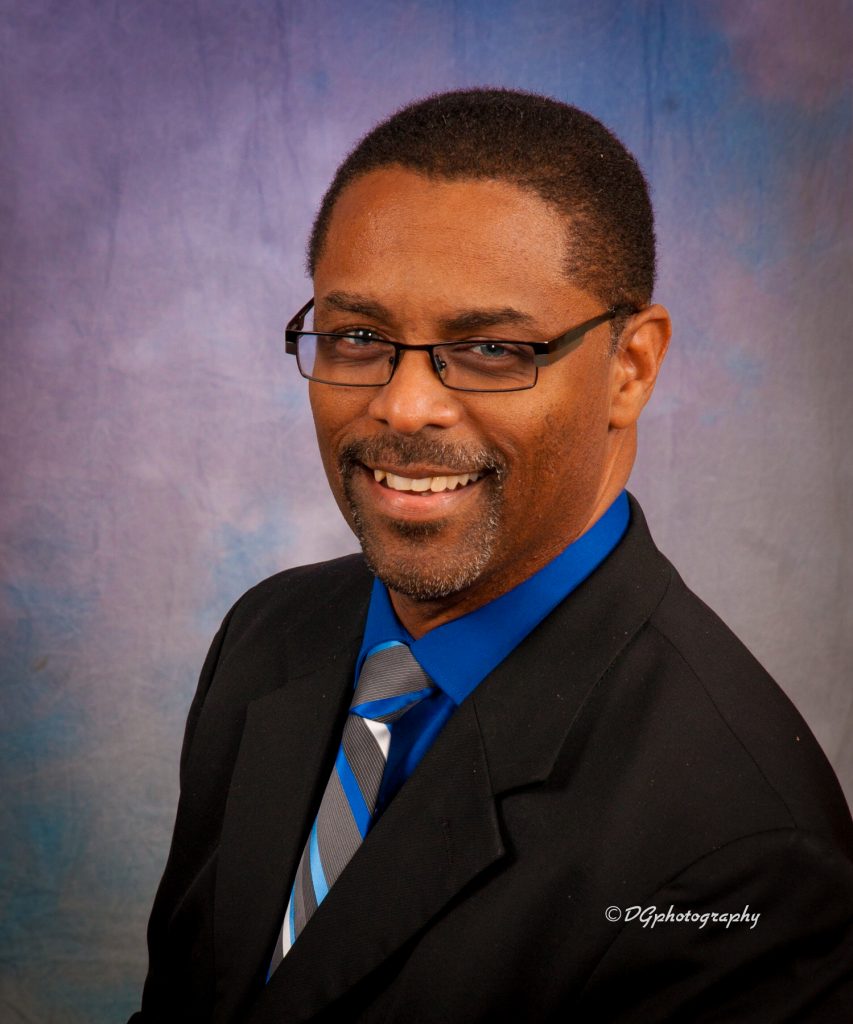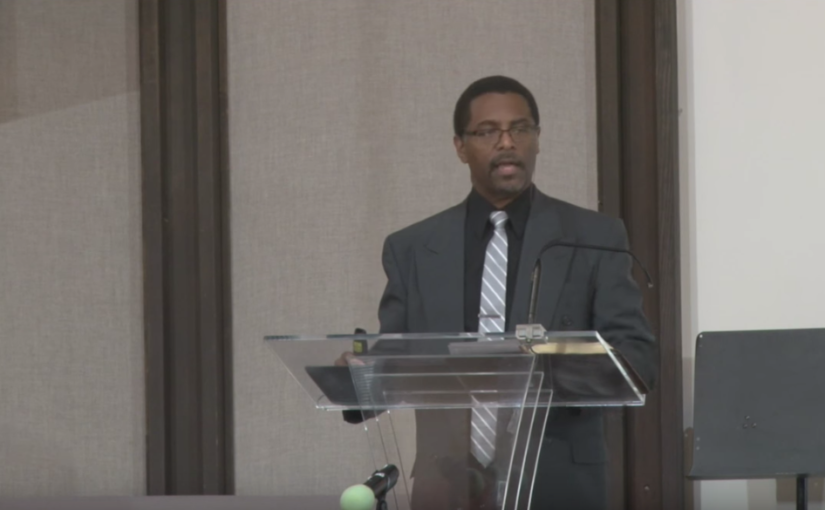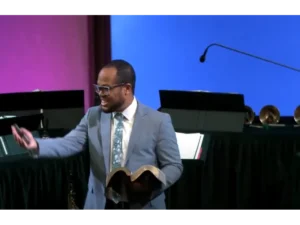On Sabbath we resumed our series on 2 Peter called, “Stronger,” and studied some of Peter’s strongest words dealing with false teachers. Rewind to chapter 1:8 to see Peter’s first test of observation in distinguishing true and false prophets. True prophets will possess the characteristics of God “in increasing measure”; false prophets will possess the characteristics of man and call it godly. “By their fruits,” Jesus said, “you will know them.”
Like real pearls are uneven and gritty, Peter’s second letter is an unpolished and gritty warning of the slippery smooth teachers among them who may look good on the outside, but lack the divine nature on the inside. Stronger truth means turning away from those who claim to be from God while living lives that contradict the character of God.
Second, Peter contrasts prophetic revelation with myths. “We did not follow cleverly invented stories when we told you about the power and coming of our Lord Jesus Christ, but we were eyewitnesses of his majesty.” (2 Peter 1:16) Peter is refuting so-called religious leaders who are teaching that all of the prophetic promises about Jesus’ second coming are made-up stories, and that there is no judgment after death. The apostle uses the Transfiguration of Christ as proof that they are wrong.
Rewind to 2 Peter 1:17-18. The Transfiguration was a view into the future of the coming exaltation of Jesus—a view of his second coming with power and glory. In contrast to the false teachers who “exploit you with stories they have made up” (2:3), the Transfiguration was not something made up, but eye-witnessed by Peter.
In verse 17 the point of the Transfiguration is not that the divinity or glory of Jesus was revealed, but that “he received honor and glory from God the Father.’ This investiture of majesty on Jesus is a majesty he will fully exercise in his coming judgment. To be stronger in truth is to reject any teaching that denies Christ’s coming and the judgment.
Peter now has two powerful weapons in the fight again falsehood—personal testimony about Jesus, and biblical prophecy concerning Jesus. These are also two hallmarks of God’s remnant who stand against the beast power at the end of time. (See Rev. 12:17; 19:10.) Stronger truth is based on the testimony about Jesus and the prophetic Scriptures. Stronger truth is all about Jesus.
From this foundation, Peter now goes on the attack against a group of teachers in words that are still hot twenty centuries later. Read 2:1-3. In these opening verses, Peter uses four descriptive terms that let us know what these teachers were like:
False teachers are identified as those who 1) work secretly to introduce heresy to the flock. (vs. 1); 2) deny the Lord by their actions, regardless of what they say (vs. 1); 3) are driven by evil ambition and immorality (vs. 2); and 4) are motivated by greed—lust for applause (“ratings”) and for money, sex or power (vs. 3). Peter here borrows from Jude 4, 16.
Peter is telling his readers to wake up and have some discernment. You can’t just go along with what everybody says. Stronger truth requires stronger discernment.
By appealing to several Old Testament examples, Peter warns these imposters that they are headed for the very judgment that they deny. Rewind to 2:4-9 for a long, conditional (“If…then”) sentence that makes his case. Try listing all the “ifs” and the “thens” of these five verses.
The overall point is that righteousness will not go unrewarded and wickedness will not go unpunished. God, and those who follow Him, will be vindicated.
Lastly, Peter uses the Old Testament story of Balaam found in Numbers 22-24, as an example of those who are motivated by greed. To be strong against the sin of Balaam, we must not leave the straight way of God’s true message given through his true prophets. The way of Balaam eventually leads to “blackest darkness” (vs. 17) and to a condition “worse off at the end than they were at the beginning (vs. 20). Like a dog returning to its own vomit – a pig after washing returning to the mud! (vs. 22)
But the good news is that “The Lord knows how to rescue the godly.” And He has done so in Jesus! He is our protection from the judgment of those who have a form of godliness without the power of His character. Those who obey God’s commandments and hold to the testimony of Jesus” (Rev. 12:17) will at last prevail with a strong





